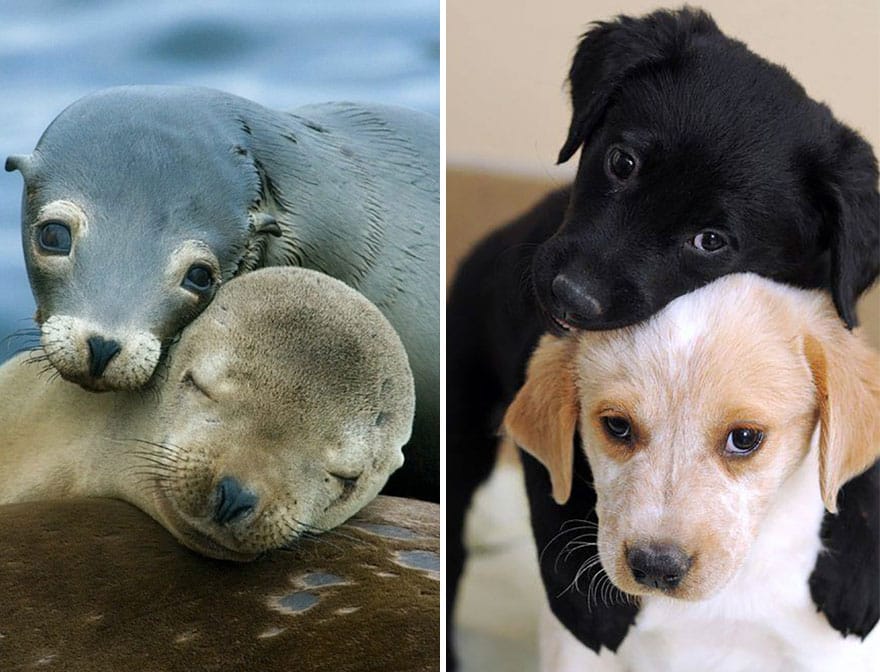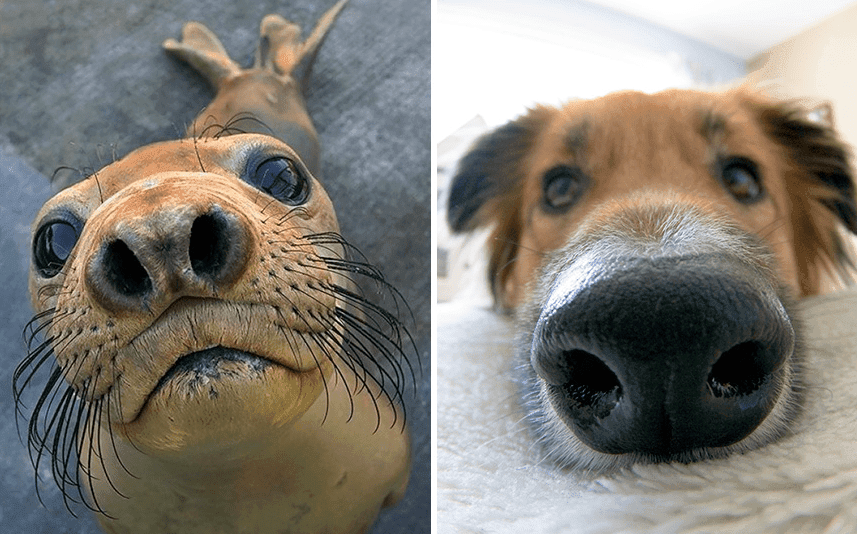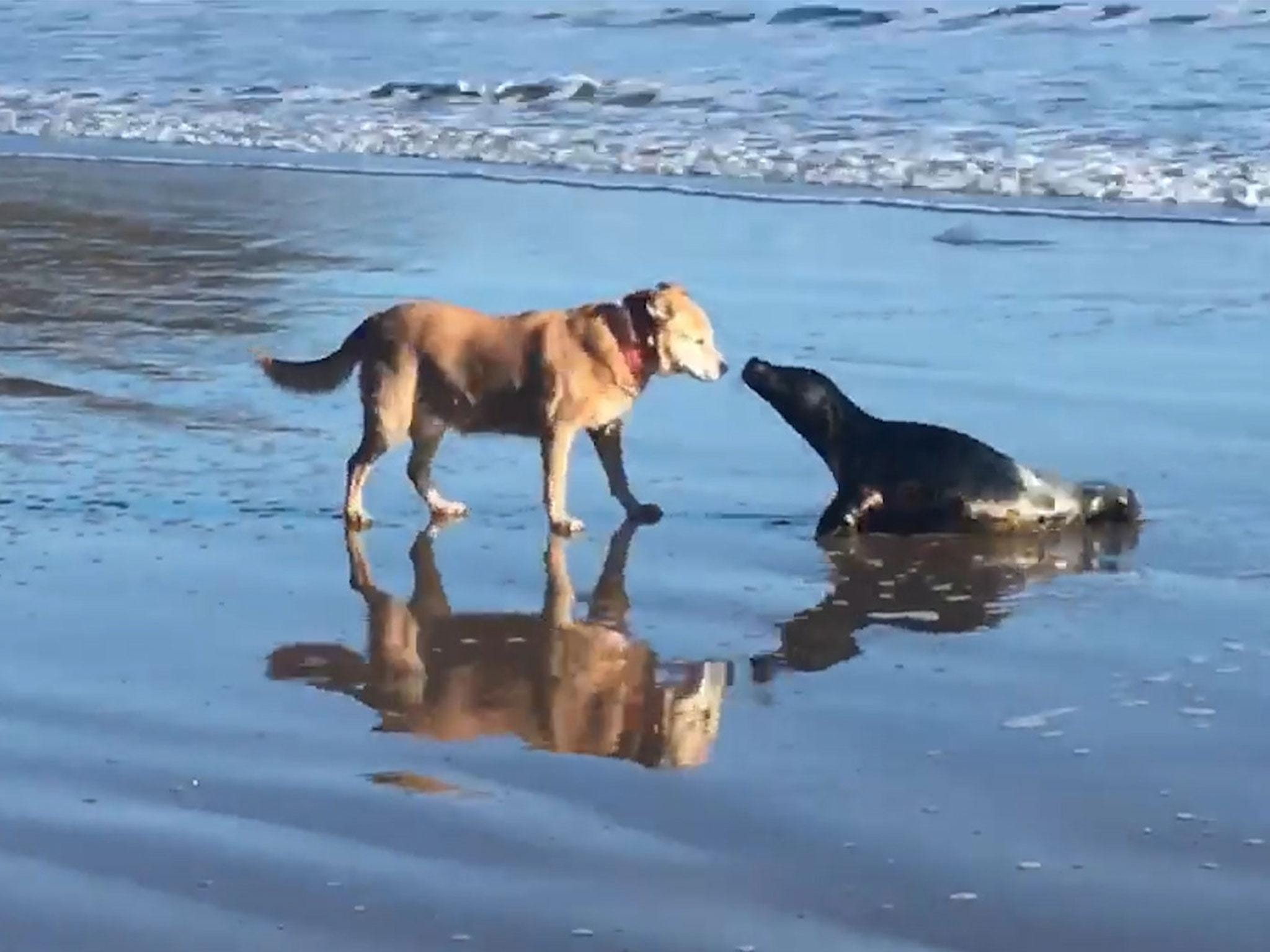We work with pets, primarily cats and dogs.
We are not able to accept injured or abandoned livestock or wildlife
For injured wildlife, contact the Wildlife Center of the North Coast:
“Promoting compassion, empathy and respect for all life through wildlife rehabilitation, ecological teachings, and wildlife conservation.“
“The Wildlife Center of the North Coast (WCNC) is a registered 501(c)3 non-profit organization based in Astoria, Oregon. We rescue and rehabilitate injured, sick, orphaned and displaced native wildlife with the goal of releasing healthy, strong creatures back into their appropriate habitat. We operate under permits issued by the Oregon Department of Fish & Wildlife and the US Fish & Wildlife Service. Our licensed rehabber is Executive Director Joshua Saranpaa.”
Wildlife Center of the North Coast
(503) 338-0331
For emergencies, call pager at (503) 338-3954
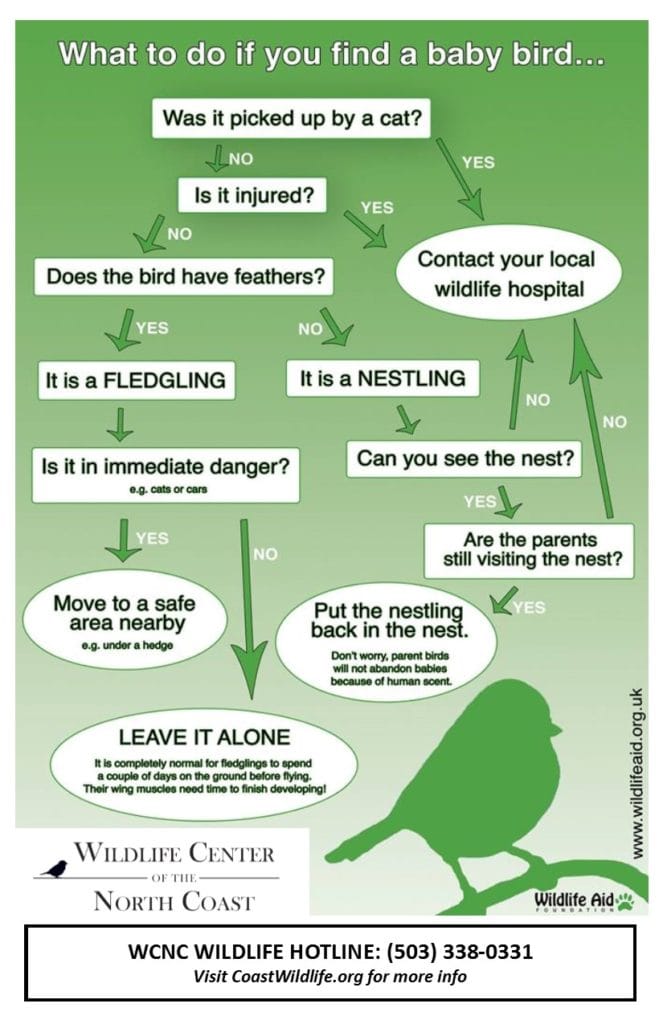
For assistance with raptors, you might also contact Coastal Raptors:
Coastal Raptors is a non-profit organization headed by Dan Varland with Mark Schult providing web development. Coastal Raptors is dedicated to providing research and education programs leading to better understanding and conservation of raptors in coastal environments. Active since 1995 and with non-profit 501(c)(3) status, you can reach them at 360-591-5959.
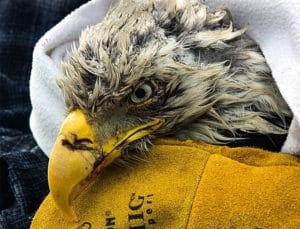
Seals & Sea Lions: Leave them alone
People try to “rescue” baby seals from the beach, without realizing the action actually endangers them.
Seals give birth to their pups on our beaches in the spring and summer. At times, the mother seal will give birth to a pup that is not fully developed and must leave it ashore for periods of time while the pup completes its development and the mother hunts for food. The mother will return to nurse the pup at night, when there are no people about. Pups will often spend as long as a week on the beach before they have developed enough to go to sea with their mothers.
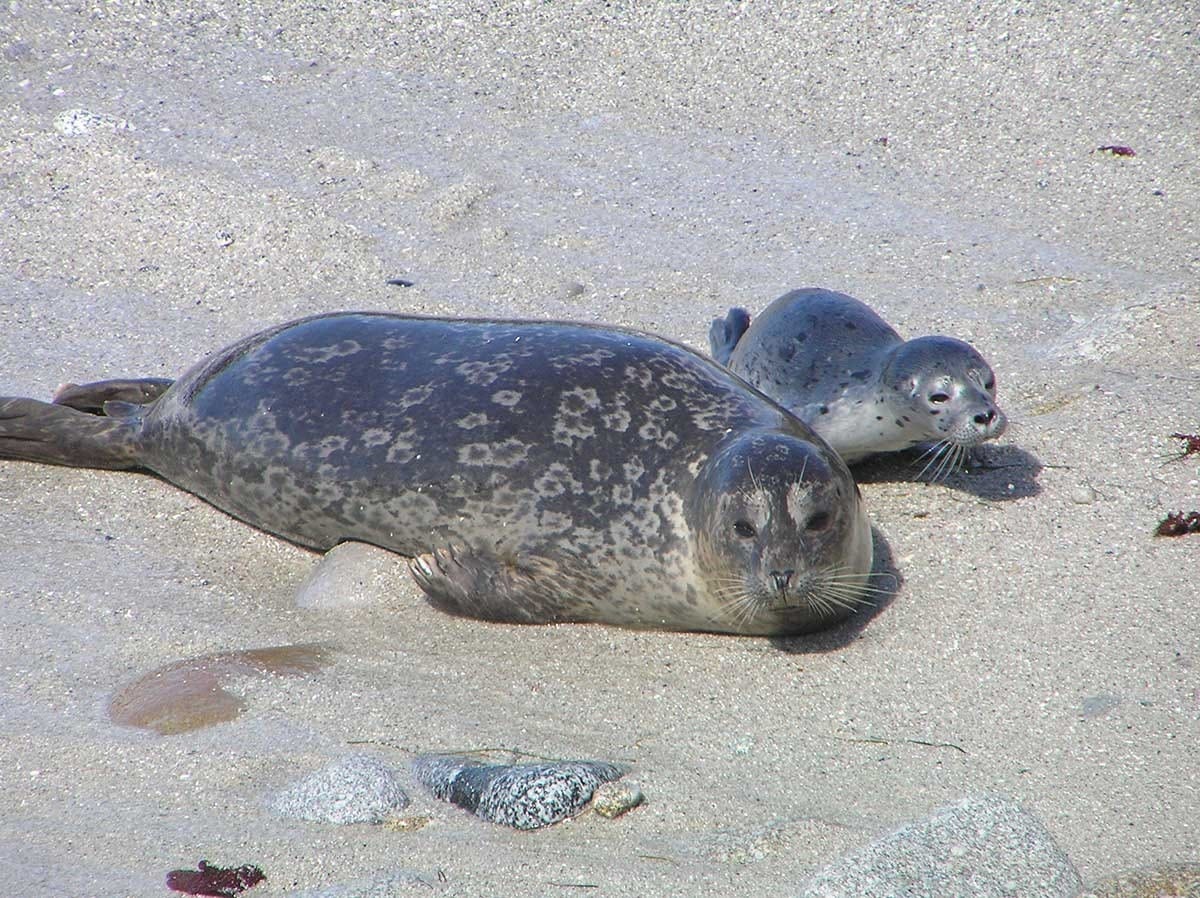
The pups are so cute, and appear so helpless, that people feel compelled to try to help them. But if they do, there’s a good chance the young animal, cut off from its mother, will die.
Picking up, or even touching the animals drastically increases the chance that the animal will not survive. Mothers sometimes reject pups that smell different due to human touch.
Keep Your Dogs Away From Dead Or Stranded Sea Lions
1. Harrassment –by you or your dog — is against the law.
2. Leptospirosis occurs worldwide, and has recently been affecting coastal Sea Lions.
There is a small risk of transmission of leptospirosis to people, but dogs are most at risk of coming into contact with body fluid from sick or dead sea lions. The bacteria can also sicken livestock and other wildlife.
Leptospirosis can cause severe disease in dogs. Symptoms include kidney failure, fever, weakness and muscle pain. Preventive vaccines are available. Once infected, dogs can usually be treated with antibiotics.
If your dog becomes ill after being exposed to sick or dead sea lions, contact your veterinarian immediately.
Dogs Share a Lot of Characteristics With Seals & Sea Lions
The young of both are called ‘pups’ for a reason: both dogs and seals are considered Caniformes (which literally means “dog-like”) and come from the same suborder of Carnivorans.
